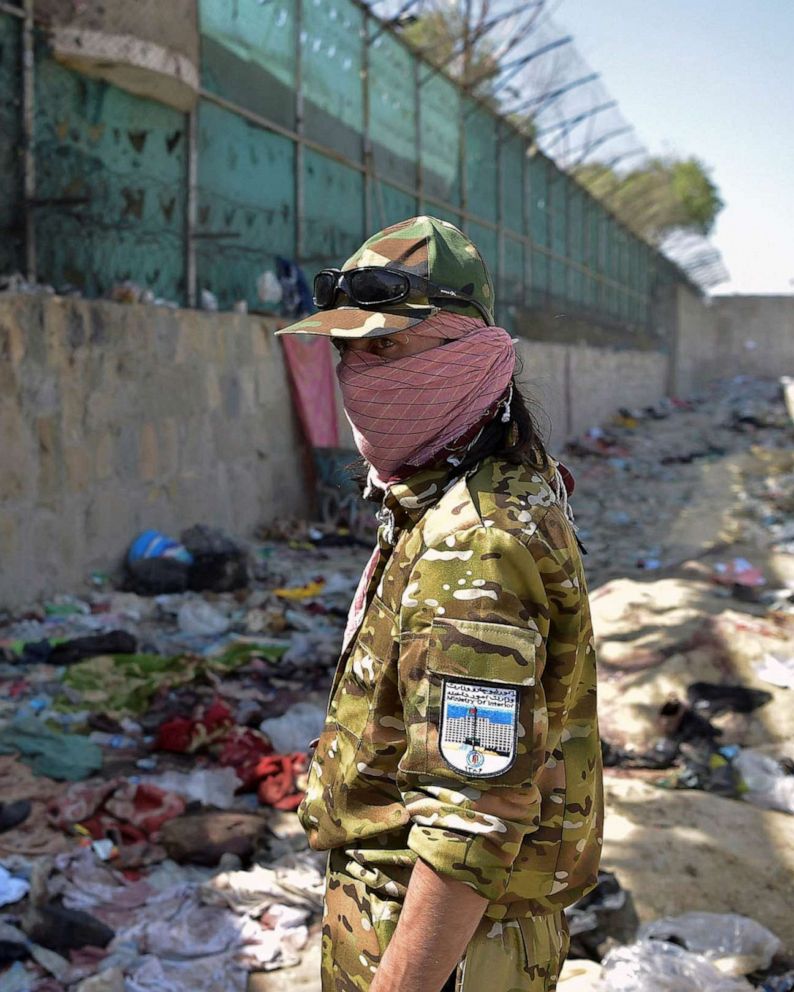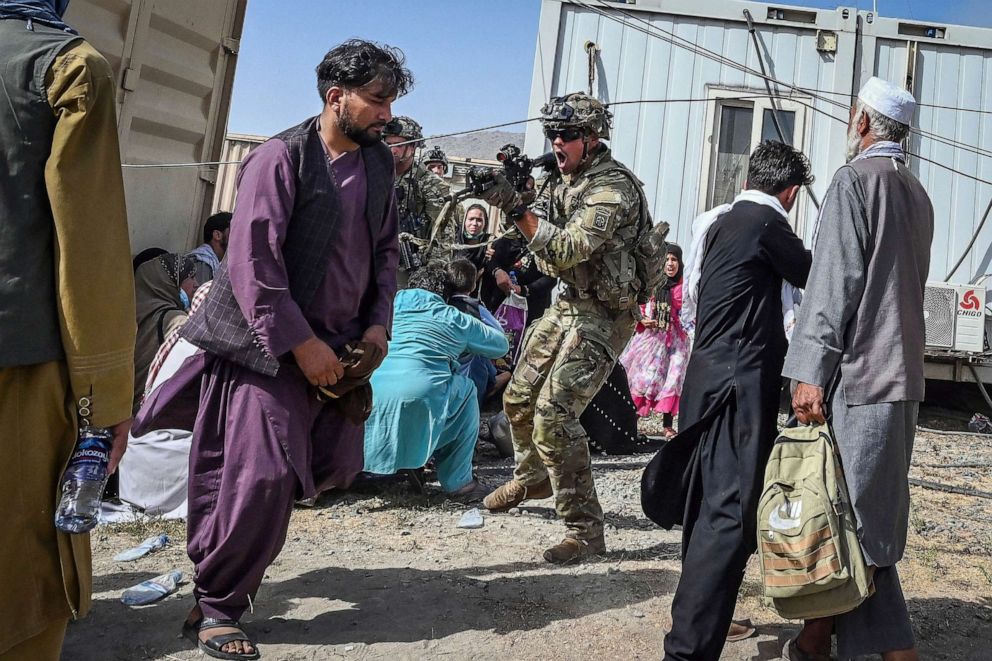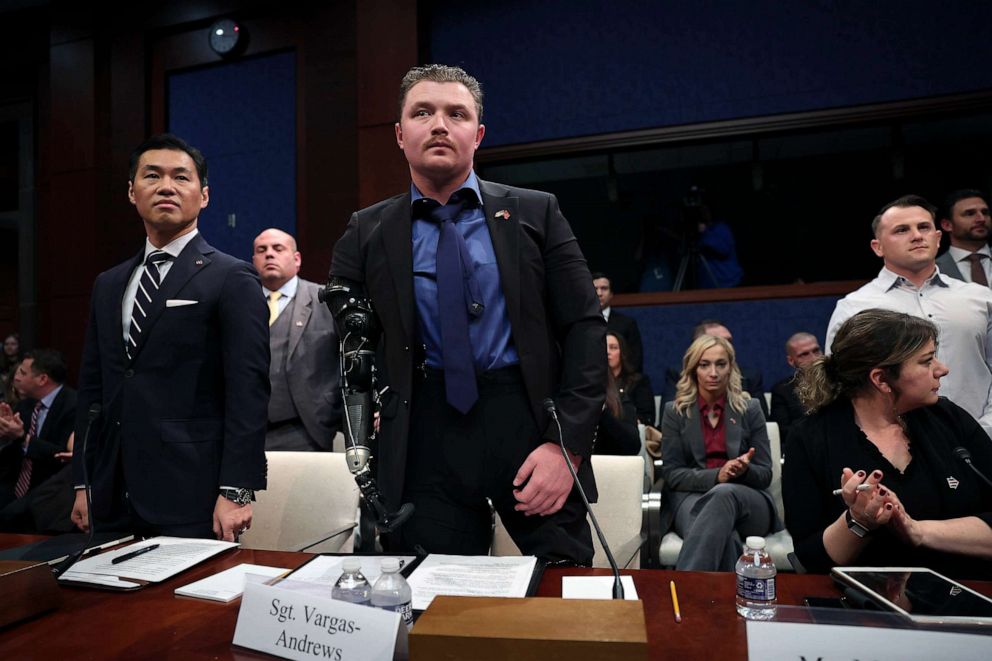Taliban kills suspected ISIS-K mastermind of Kabul airport bombing: US officials
The terrorist allegedly responsible for planning the August 2021 bombing at the Kabul, Afghanistan, airport that killed 13 U.S. service members and at least 170 Afghans was himself killed by Taliban fighters "in recent weeks," U.S. officials tell ABC News.
A senior Biden administration official on Tuesday described the deceased leader of the Islamic State group's Afghanistan affiliate (also known as ISIS-K or Islamic State Khorasan) as "the mastermind" of the attack, which involved a suicide bomber detonating an explosive device from within the dense crowds desperately trying to enter the Abbey Gate of Hamid Karzai International Airport during the chaotic U.S. withdrawal.
"We have become aware in recent weeks that the ISIS-K terrorist most responsible for that horrific attack of August 26, 2021, has now been killed in a Taliban operation," the senior official said on Tuesday.
The U.S. did not coordinate with the Taliban in the killing of the ISIS-K leader, according to the official.
"We did not conduct this operation directly with the Taliban. We are not partnering with the Taliban. But we do think the outcome is a significant one," the official said, adding that the U.S. did not learn of the killing from the Taliban.
The Taliban, which has been in control of Afghanistan's government since 2021, is opposed to ISIS-K.

The senior administration official said that ISIS-K still aspires to extend the reach of its violent operations but so far has not grown strong enough to pose a major threat outside of Afghanistan.
But the U.S. military's top general for the Middle East gave a dire warning in testimony before the Senate Armed Services Committee last month.
"Specifically ISIS-Khorasan, senator, it is my Commander's estimate that they can do an external operation against U.S. or Western interests abroad in under six months, with little to no warning," U.S. Central Command's Commander Gen. Erik Kurilla said.
It is not clear why the Taliban has so far not publicly taken credit for such a high-profile blow against its adversary, according to the senior official.
The official would not give the name of the leader but said he "remained a key ISIS-K figure and plotter" after the Abbey Gate bombing.

While U.S. officials became aware the leader was likely killed soon after the Taliban attack, it took weeks until they were certain enough to begin informing the families of service members who were killed in the suicide bombing.
"It took a bit of time to go to a high level of confidence that this indeed was an individual who had been removed in the operation. And we of course we wanted to get that right before notifying families," the official said.

The official said that there's no expectation the news will take away the pain felt by grieving families, but "we felt and feel a moral responsibility" to inform them.
The Afghanistan withdrawal received renewed public attention last month after the most gravely wounded U.S. survivor of the blast at Abbey Gate gave powerful testimony during a GOP-led House hearing on the matter.
Marine Sgt. Tyler Vargas-Andrews, who lost two limbs in the attack, said he believes his sniper team had the suicide bomber in its sights before the explosion but was not allowed to take the shot.
